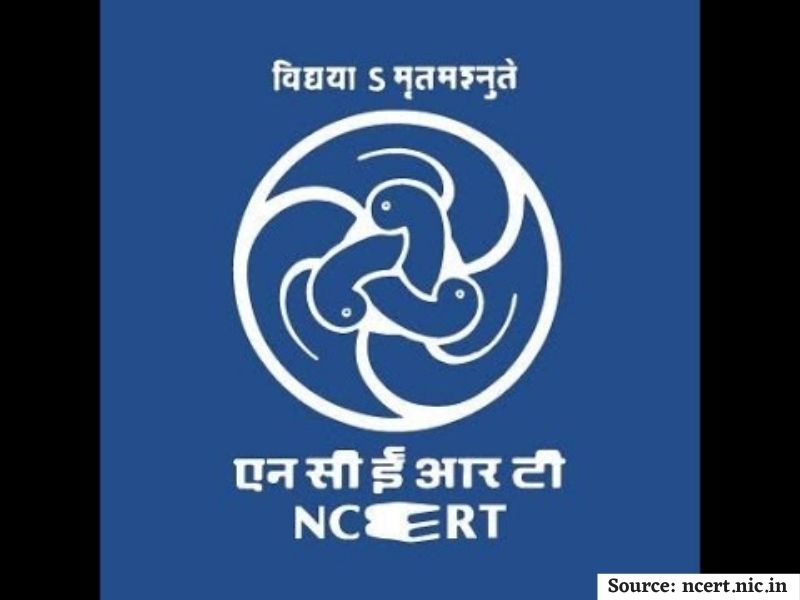Mita Mukherjee
School students are likely to face shortage of textbooks in the 2025-26 session beginning in April since the National Council of Educational Research and Training (NCERT) has drastically slashed the number of empanelled printers.
The reduction has raised doubts about smooth printing and distribution of textbooks of the new session.
The NCERT distributes nearly five crore books for which there were about 120 printers for doing the printing job. The NCERT has reduced the number to 15 though it is estimated by the union education ministry that about 15 crore books will be required next year with the introduction of a new curriculum. The NCERT books are used by a large number of CBSE schools without any change.
The NCERT announced last year that printers will be allowed to print textbooks provided they have machines manufactured after 2000. The council tweaked the eligibility criteria in order to ensure that students are provided quality textbooks.
The NCERT decision to slash the printers followed a series of inspections that showed that the machines used by printers were not suitable to print quality books and did not fulfill the NCERT criteria. As of now 15 printers have been allowed so far to print the textbooks for the 2025-26 session, a source said.
Many printers who have been refused permission to print the books said that they had no idea why their applications have been rejected and they have written to the NCERT requesting it to reconsider the decision.
Shiv Kumar, a printer from Greater Noida whose application has been rejected, said students faced shortage of books in the previous years when about 120 printers were engaged to print the books. He wondered how it would be possible for the council to complete the printing of about 15 crore books with only 15 printers.
“I have no idea on what grounds the council has rejected our application. We have been printing textbooks for 40 years. The council has always appreciated our job. The council made it a rule to use machines made after 2000. We have fulfilled all the criteria. Still, we have not got the permission to print the textbooks this time,” Kumar told EducationWorld.
He said he has written a letter to the council on Wednesday where he has wanted to know on what grounds their application has been rejected despite fulfilling all the eligibility criteria.
The requirement of textbooks will increase next year because of the introduction of new syllabus for several classes. The NCERT will introduce new books in Classes IV, V, VII and VIII in the 2025-26 session.
“Printing and distribution of books were delayed this year when there were about 120 printers and the requirement was much less. We are unaware about the strategy planned by the council to meet the enhanced demand engaging only 15 printers,” said Kumar.
According to him it is not possible for a single printer to print more than 10 lakh books in a month.
The new session starts in April and the schools start distributing the textbooks to students from March. In order to ensure smooth printing and distribution, the process of printing the text books starts from October end.
“ But this time the council is yet to start the printing process. The finalization of the panel is also not complete,” a printer said.
Another printer said that the supply of books is also likely to be affected because the NCERT has stopped giving state governments copyright for reprinting books from last year.
The principal of a CBSE school in Kolkata said they are aware about the development at NCERT but there is no confirmation from the council about the possible shortage of books till now.
